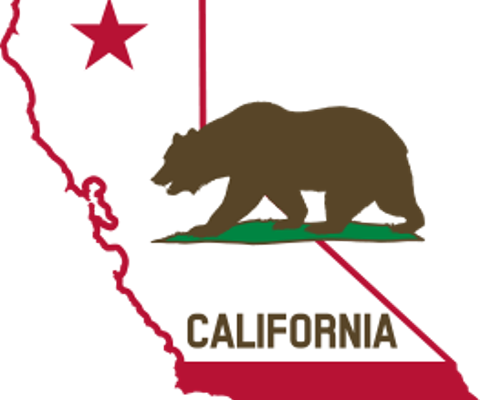It’s a legitimate question: Shouldn’t Manteca take a position on the sanctuary state debate as Ripon and a small but growing number of local jurisdictions in California have?
Before everyone starts sharpening their rhetoric knives and stuffing ideological and political cotton in their ears, ask yourself some questions: Why didn’t California because a sanctuary state when Barack Obama was president and he ordered stepped up immigration enforcements? Wasn’t Jerry Brown our governor and didn’t the Democrats control the state legislature?
If the idea of the state refusing to cooperate with the federal government on universal holds of undocumented immigrants that law enforcement engages then where were you two years ago when California wasn’t an officially declared sanctuary state but more than a few cities — including in many parts of the Central Valley that are definitely not liberal as defined by San Francisco — functioned as if we were?
Case in point: Once upon a time when Manteca Police were one of the few jurisdictions in the region that actually impounded vehicles of unlicensed drivers whether they were legitimately in this country or not before those in Sacramento decided that was too harsh of a penalty not for citizens but for the undocumented, officers after they checked for warrants and a person came up clean but could not prove they were legally here, they were not detained.
Now if that irks you — releasing unlicensed drivers that are undocumented — who would you rather have at the county jail? A burglar serving time for a crime or someone whose only offense is that they are undocumented? The realities of catch and release triggered by jail capacity issues forced local authorities to be pragmatic a long time ago.
Keep in mind that local jurisdictions do not institute immigration raids. And very few after they pulled anyone over for probable cause would arrest someone solely on their immigration status.
Before Gov. Brown would support the so-called sanctuary state measure that he signed in October 2017 he successfully pushed to allow law enforcement to continue to cooperate with federal officials on immigration matters when the subjects were wanted for particular crimes — primarily felonies. Other than that it restricted cooperation between local, county and state law enforcement within California with the Immigration and Customs Enforcement (ICE). Exceptions were carved out for public safety such as providing backup support for apprehension of undocumented subjects known to be violent.
Senate Bill 54 turned schools, courthouses and hospitals into safe zones where local authorities are severely restricted from dealing with immigration issues save for an undocumented individual wanted for a violent crime. It did not limit ICE’s ability to function on its own. Granted they have limited resources but there would be nothing stopping the federal government from increasing the ranks of ICE agents in the state 1,000 fold and going after the estimated 4 million to 10 million — the number depends upon who is doing the estimation — undocumented people living in California. The state wisely did not cross that line. What they got with the move was a lot of love from one side of the debate and a lot of pushback from the other side.
Maybe that was the intent as no one seems to want to work to find common ground on immigration these days or any other subject for that matter.
In the real world what Ripon and a few other local jurisdictions see us a dangerous precedent of public safety being micro-managed by Sacramento for what is today clearly political and not pragmatic since ICE is doing today what they did when Obama ordered his own crackdown on the undocumented.
If Sacramento sees fit to take formal action to limit local law enforcement interactions with ICE what is to stop the state from taking similar measures when it comes to other federal enforcement arms such as the FBI, or my bet for the next agency the legislature may restrict cooperation with — the Drug Enforcement Agency?
I get what drives residents to pressure local leaders as well as lobby state lawmakers to ignore federal laws that they don’t agree with. But giving into that impulse instead of pursing it through the proper channels — the pecking order of government and legislation if you will — opens the door to chaos.
Generally speaking, good things don’t come of local jurisdictions or even states having their own foreign or national policies.
When jurisdictions, as an example, eschew investment strategies that go for maximum yield by buying stock in companies that aren’t doing anything illegal but have operations in countries offending the activist banner du jour or sell legal products that a vocal segment finds morally bankrupt it reduces income to provide services. The classic example is the massive unfunded retirement liability of teachers and government employees on all levels in California.
Local government has enough issues to address. And there is no percentage in polarizing the community or delivering a tanker full of kerosene to those who conduct social media rhetoric terrorizing campaigns from the comfort of their home while watching commentary feeds that squares with their view of the world of which they accept as the only allowable view.
Sanctuary state debate: To fan or not to fan flames





